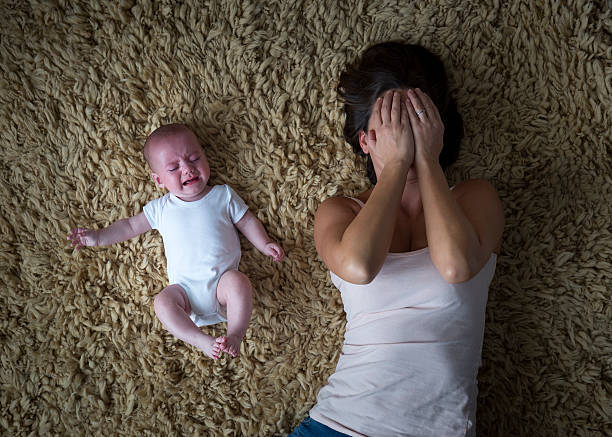Mother’s Day is just right around the corner, and for many of us, we can truly attest that mothers embody strength, resilience and care. The journey of motherhood is a demanding yet fulfilling role that people may tend to overlook. A lot of the time, mothers will place their children’s needs over their own, which can take a toll on their physical and mental health. For mothers and fathers welcoming a new child into the world, they go through a new set of changes, challenges and realizations that may be daunting initially, creating an environment of stress and worry. These experiences can be overwhelming and at the same time isolating because not enough conversations are being had about the mental health challenges associated with parenthood, so it is important that we do our part to increase awareness and provide avenues for support.
Postpartum Depression (PDD or postnatal depression) is a mental health condition that occurs following the birth of a child. It is a fairly common condition, affecting about 1 in 7 mothers after birth (Mughal, Azhar, & Siddiqui, 2021), but this condition may also be seen in fathers. Although most women who give birth will experience a short-term period of worry or unhappiness afterwards, PPD should be explored as a possible diagnosis when symptoms are severe and last over two weeks.
The exact cause of postpartum depression is unclear. Pregnancy and the period of time that follows delivery can be a particularly sensitive and vulnerable time for women. Mothers may experience immense changes in several different aspects of their lives, and they may also be at an increased risk for developing conditions like depression and anxiety during this time. This predisposition for acquiring mental health conditions, combined with hormonal and physical changes, and the stress of caring for a new baby may all be factors that could lead to PPD. When a female partner has PPD, the chances of a father also developing PPD – in this case, paternal postpartum depression – are about 50%.
Symptoms of postpartum depression in women:
- Feeling sad or tearful often
- Having intrusive thoughts about hurting the baby or yourself
- Loss of interest in the baby
- No energy and motivation, poor concentration
- Disturbed sleep (either too much or too little)
During childbirth, it is common for a mother to feel a dip in her mood during the first 2 weeks of childbirth; however, a longer symptom duration could be a sign of postpartum depression. The presence of depressive-like symptoms may occur for more than two weeks or longer during pregnancy or four weeks after childbirth. Psychosis could also be present, which is a symptom characterized by hallucinations (ex. to kill the infant) or delusions (that infant is possessed).
The pandemic has indeed made it worse for moms going through postpartum. In fact, studies have shown that 1 in 3 women experienced postpartum depression early on during the pandemic. Some experienced depression and anxiety as well as feeling of loneliness and post-traumatic stress. These feelings might be caused by reduced access to health care visits, which could lead to constant worries of maternal complications. There is also the inability to be physically active (due to distancing and lockdowns), which has been proven to reduce the risk of postpartum depression.. The constant worry that their child might go through health complications, or the possibility that they might acquire the virus while away from their mothers also adds to their anxiety.
During pregnancy, women with PPD receive less prenatal care. They do not pay much attention to themselves, they eat less, and they don’t get enough rest, which could lead to complications such as miscarriage, pre-mature birth or low birth weight. A mother who has postpartum depression is also at higher risk of acquiring mental and physical illness in the future. The relationship between mother and child may also be compromised: depressive episodes could hinder the mom from responding to the baby in a loving and caring manner which leads to insecure attachment, impacting upon the developmental growth of the baby. Finally, PPD may also affect the mother’s interpersonal relationships, especially with their partners: mothers with PPD rated their relationship with their partners as more distant, cold and difficult.
If you believe you may be undergoing postpartum depression or know someone that may be in this position, consider the following tips:
- Strive for a healthy balanced diet and proper exercise to help you manage your moods and overall well-being
- Seek help from healthcare professionals for proper medication and treatment
- Remember to rest and relax when you can
- Turn to your support network: express your concerns and challenges to your partner, family and friends, or even support groups (in-person or online)
- Consider talk therapy with a mental health professional for further emotional support
Fostering awareness and understanding of postpartum depression leads to better outcomes for women and their babies. Seeking therapy helps you develop coping mechanisms so that you can work your way through your emotions and solve your problems, set goals and deal with different situations. It will also help you feel more in control of your mind and your emotions. Therapy has also been proven to help you deal with intrusive thoughts and destructive thinking patterns that are associated with postpartum depression.
Postpartum Depression is an experience that one should never go through alone. Now that the barriers are starting to break for mental health stigmas globally, it’s about time that we start creating more platforms for discussion to help those who need to navigate the challenges that postpartum depression gives rise to.
Asking for help or wanting to give therapy sessions a try is not a sign of weakness, but rather a strength. It takes a lot to recognize when you can’t handle a certain situation on your own; knowing that some difficulties are meant to be overcome with others by our side is an important thing to remember.
For this month let’s work to bring awareness to postpartum depression. Follow Mind You @mindyoumhs to learn more about postpartum depressions for the month of May.





